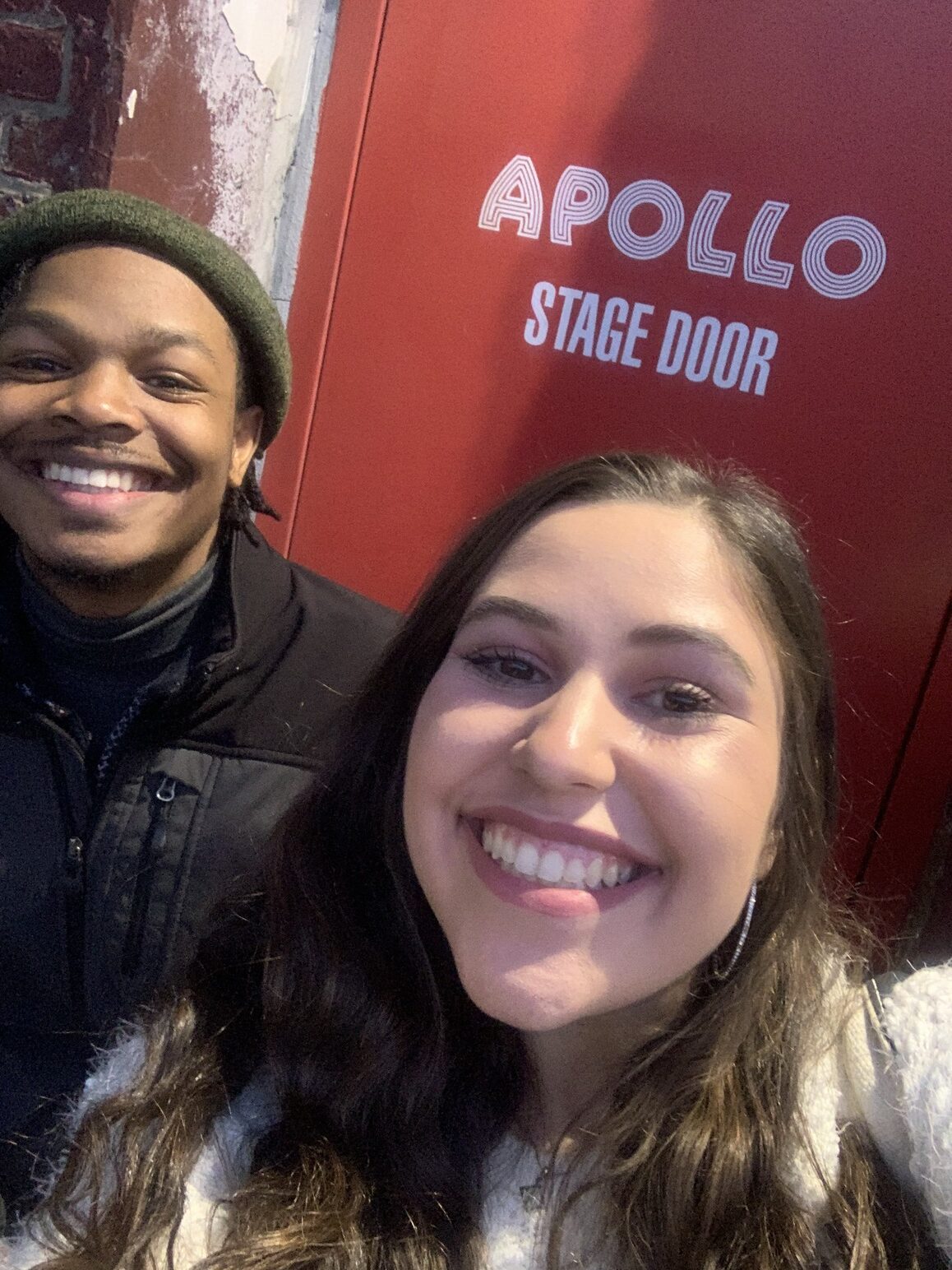
Small Town Records (STR) is Duke’s only student-run full-service record label. STR signs several Duke student artists each year and works with students to do everything from producing their first recorded song to performing at major stages like the Apollo Theater in New York.
While Small Town Records is known for their in-person performances and live recording sessions—like other student arts organizations—they have turned to virtual platforms to redesign music engagement and community.
I interviewed three students on STR’s executive committee: Alexa Burnston ’22, executive vice president; Lauren May ’23, vice president of communications; and Ryan Briggs ’21, vice president of artist and repertorie. Each offered a different perspective on how STR has adapted and what the future of student music programming on campus holds.
Before COVID-19, May managed most of the administrative and communications responsibilities for STR. She made sure different departments were communicating with each other and kept track of different artist records. Since the start of the pandemic, May has turned to social media to hone STR’s online brand.

Many media organizations have turned to social media to maintain—and with more screen time—grow their online communities. The students also took cues from music labels for inspiration on how to keep creating.
“We were following the lead of major labels. Immediately we saw all of these artists doing online concerts and making sure they were very engaged with their fans. We were really following that lead, but tailoring it to what our people needed and the voices that needed to be heard here,” shared Briggs in regards to STR’s first live stream concerts in April.
That mentality prompted STR to launch a Black Lives Matter benefit concert earlier this summer in response to the growing social movement and calls for systemic change. That concert prompted further internal reflection and conversations about how the organization can actively practice anti-racism and promote inclusion.
While STR is proud of its diverse leadership team, that team realized there is still more to be done. “We want to be very intentional. From this point on, we want to make sure people feel that it’s not only a space where they can grow, but STR is a safe space for anyone who is interested in music,” says May.
“We highlighted the Black voices of Small Town Records and our alumni network with the benefit concert,” says Briggs. “We decided we needed to make sure that we are transparent with who we are as an organization and what we can do for people while educating our audience on the music industry and the arts industry at large.”
Each week, for the entire month of July, STR presented different Zoom workshops with the tagline: “Breaking down barriers of entry in the music industry.”

Briggs, May, and Burnston have found the work extremely enriching. May adds that throughout the discussions they’ve hosted, she has realized the importance of exposure. Not solely for the musical artist, but how important it is to expose students to all breadth of possibilities within the art-sphere.
As STR wraps up their summer series and prepares to audition new artists in early August, the exec team wants to remind everyone of what keeps them going. “One thing is music never stops. Even during the hardest parts of a community’s history, there is always music. I can assure you that we will have STR running in some capacity, helping to shape the culture at Duke, for as long as we can,” says Briggs.
Omolola Sanusi ’21 is from Maryland and majoring in literature with a concentration in film and media, cinematic arts and receiving a certificate in decision sciences. As the captain of the Creative Art Student Team, she supports her fellow team members in developing content for Duke Arts and strengthening the arts community at Duke. She encourages all students to explore the varied opportunities Duke offers in the arts.

